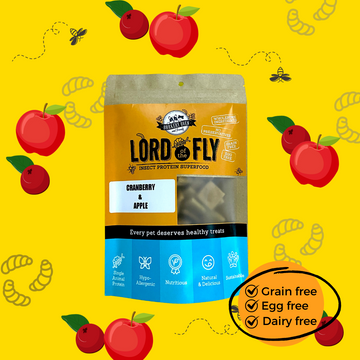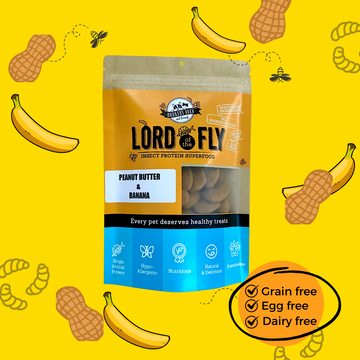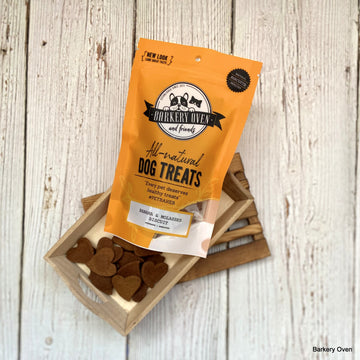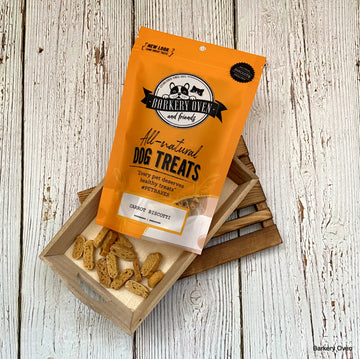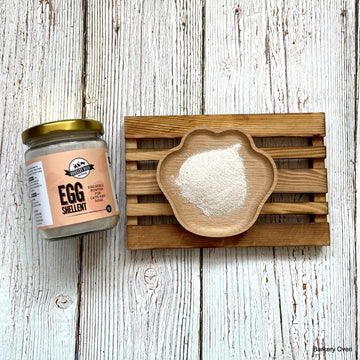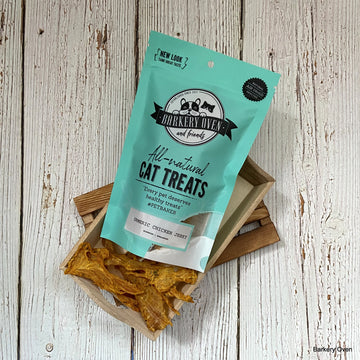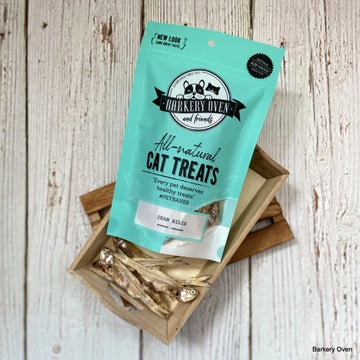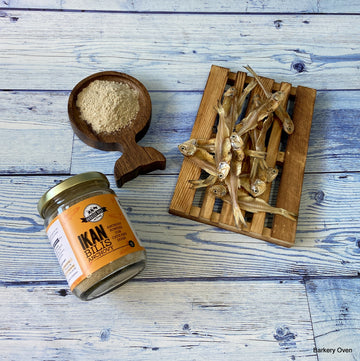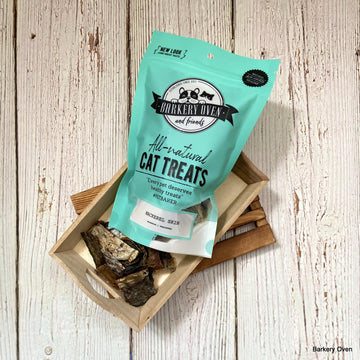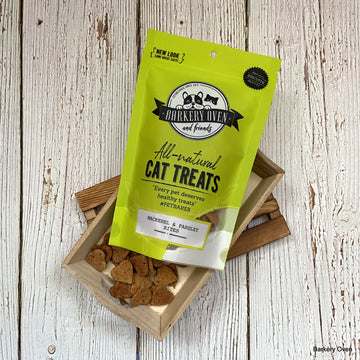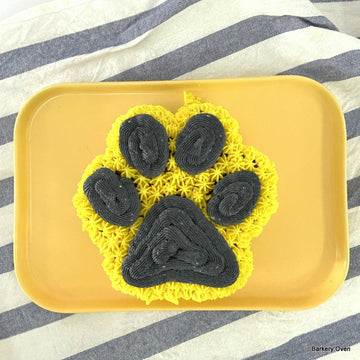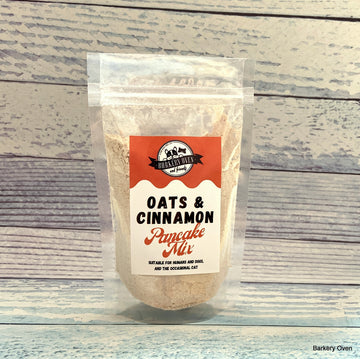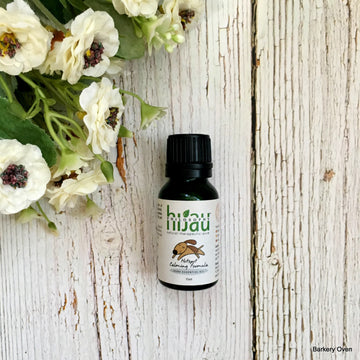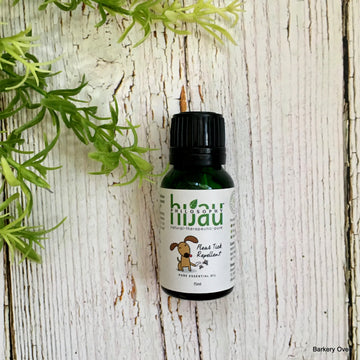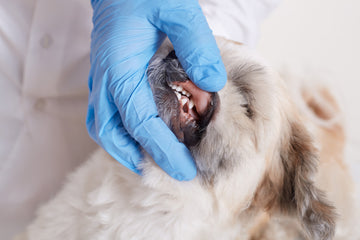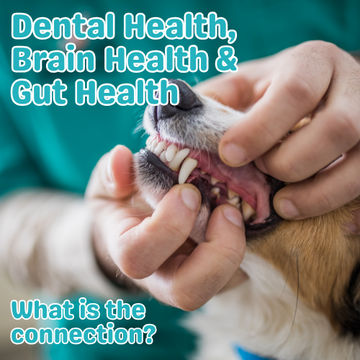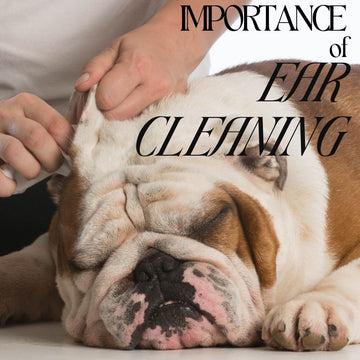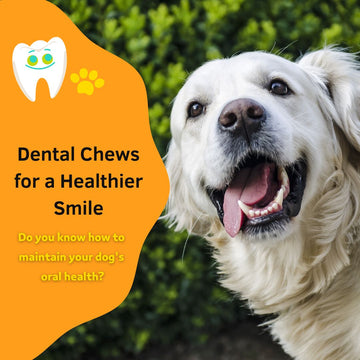More often than not, many of us, pet owners have overlooked the importance of our pets’ dental and oral hygiene. It often goes unnoticed as we would think bad breath is something dogs just happen to have; however, it is the first sign of periodontal disease.
Periodontal disease can lead to some serious health issues for our fur babies; hence it is vital for us to provide them proper oral hygiene as leaving it untreated may cause tooth loss as well as systemic infections.
That said, in conjunction with Pet Dental Health Month (February), we had the privilege to speak with Alex Soh, a professional pet dental hygienist to talk about non-anaesthetic dental scaling for pets as well as how pet owners can maintain their pets’ dental and oral health.
Barkery Oven: It is uncommon knowledge among pet owners about non-anaesthetic dental scaling, how did you learn this rare skill?
Alex: I was very privileged to have the opportunity to learn the skills of non-anaesthetic dental scaling from a Filipino teacher that I met 13 years ago as, at that time, non-anaesthetic dental scaling was especially rare in Malaysia. It was almost impossible to find a pet shop or even a veterinary clinic to provide such service then.

With that in mind, upon completing my course, I started to approach pet shops in the Klang Valley to collaborate with in providing non-anaesthetic dental scaling services. Today, I have expanded to every state in the country to provide the service. At the same time, I am offering non-anaesthetic dental scaling courses to groomers and dog owners who are interested in learning this skill.
Barkery Oven: What are the benefits of non-anaesthetic dental scaling as compared to using anaesthesia?
Alex: There are several benefits of non-anaesthetic dental scaling which include: low risk as there will be no medication required – for anaesthetic dental scaling, the vet would need to check the overall health of the pet before administering the anaesthesia. In addition, non-anaesthetic can be performed at all ages of the pet as well as on pets who are allergic to anaesthesia. Dogs with kidney or heart issues are recommended to have their dental done without anaesthesia as they are at a higher risk if anaesthesia is administrated.

However, if a dog is too active (hard to stay calm) or aggressive, I would advised to bring the dog to the vet and go under general anaesthesia for its dental scaling, but only after the vet has done a proper health check on the dog.
Barkery Oven: How often do you recommend pet owners to get their pets’ teeth clean and scaled and what are some tips to maintain healthy teeth for pets?
Alex: I would recommend sending your pets to us for check-up every six months and to perform non-anaesthetic scaling if required. In terms of maintenance and ensuring their teeth are healthy, I would say to brush their teeth daily with the proper pet’s toothbrush with a soft bristle to remove the plaque before it turns into tartar.
In addition, it is important to feed the right food, such as raw food, low carbohydrate but high protein diet as carbohydrate and starch will stick onto their teeth and when they eventually break down, they will release sugar and other damaging chemicals that would form plaque and tooth decay. I would also recommend getting dental toys for your pet to encourage chewing as it helps to prevent tartar from forming.
Barkery Oven: In light of Pet Dental Health Month, what is your perspective regarding the awareness of dental health for pets among pet owners here in Malaysia?
Alex: I believe the awareness of dental health among pet owners today is actually increasing as this may be due to the impact of the Internet as well as social media and as we are able to access information on pets’ dental health and to come across pet shops that offer non-anaesthetic dental scaling services in Malaysia.
However, there are still some pet owners who are not aware of the importance of dental health for their pets, and this could be due to the lack of knowledge and not knowing that dental health is a major threat to their pets’ overall health and could lead to life-threatening issues such as infections that could damage the kidneys, liver, and heart.

Barkery Oven: That said, how should we increase the awareness of the importance of dental health for our pets?
Alex: Sharing more information about the cause and impact of periodontal disease, prevention methods such as non-anaesthetic dental scaling, and ways to maintain good dental health on social media regularly would help boost awareness. At the same time, I would urge pet shops to share more information on the benefits of non-anaesthetic dental scaling with their customers.
Meanwhile, I do hope more pet owners who have brought their dogs for non-anaesthetic dental scaling share their experience with other pet owners and advocate the importance of dental health for their pet.
To get in touch with Alex for dental healthcare and enquiries, you may drop him a message here First Class Aquarium Pet Shop.
Photo credits: Dog photo created by user18526052 - www.freepik.com & Alex Soh


